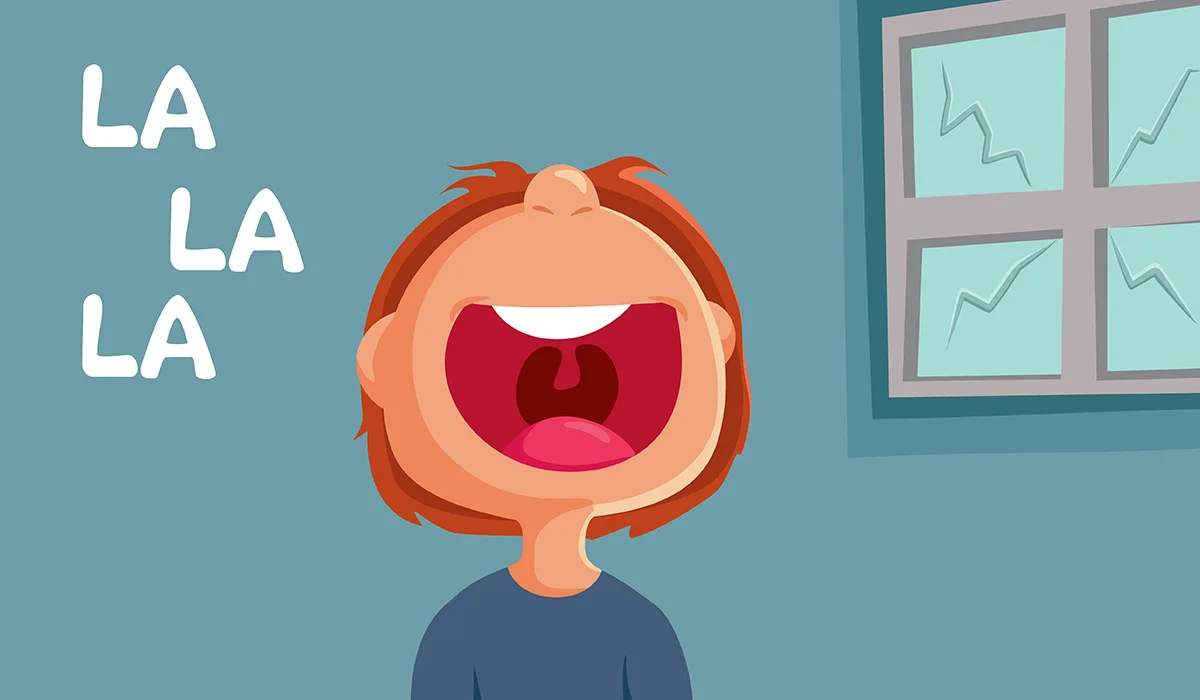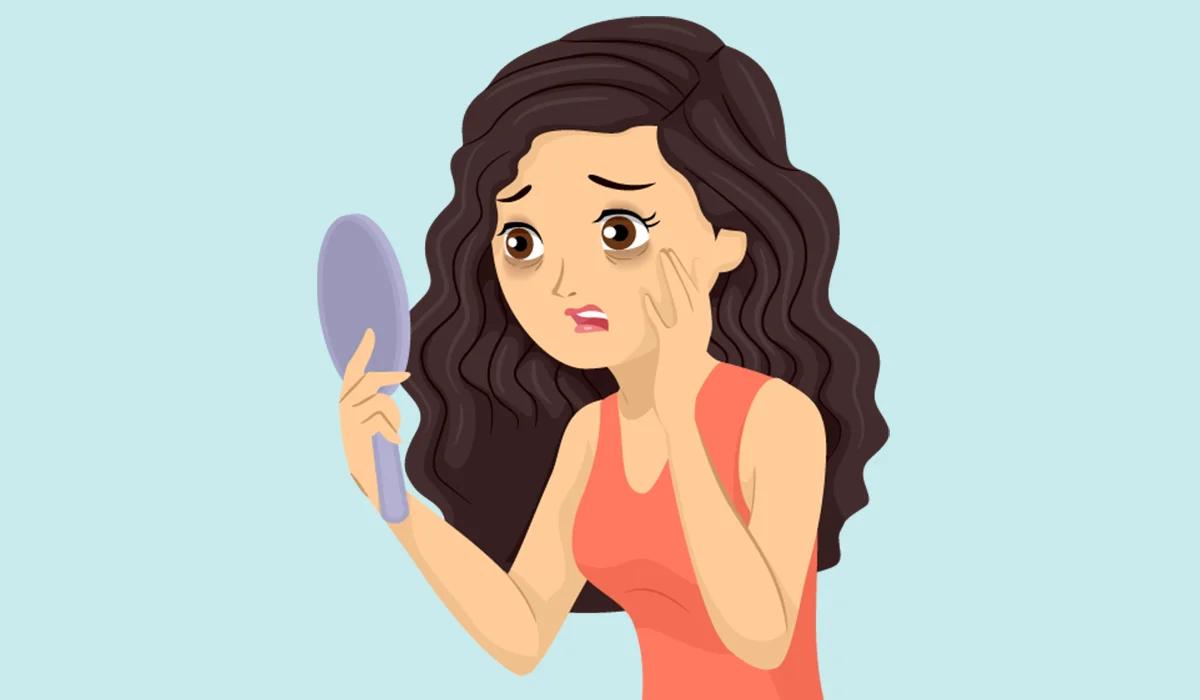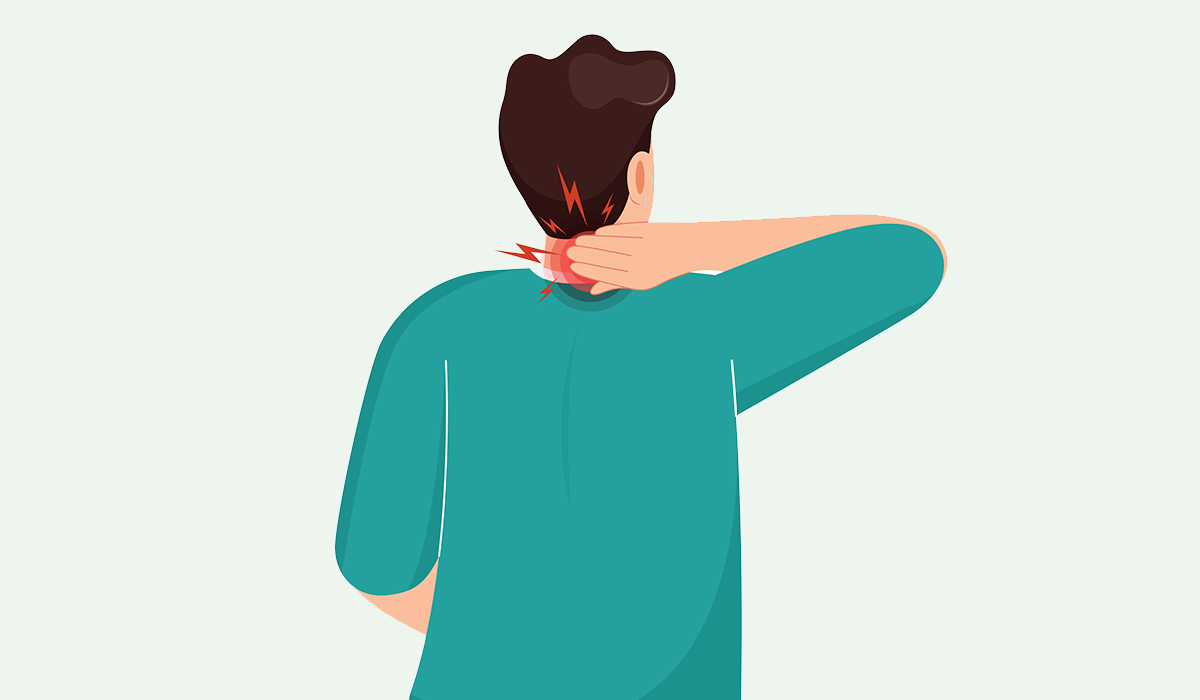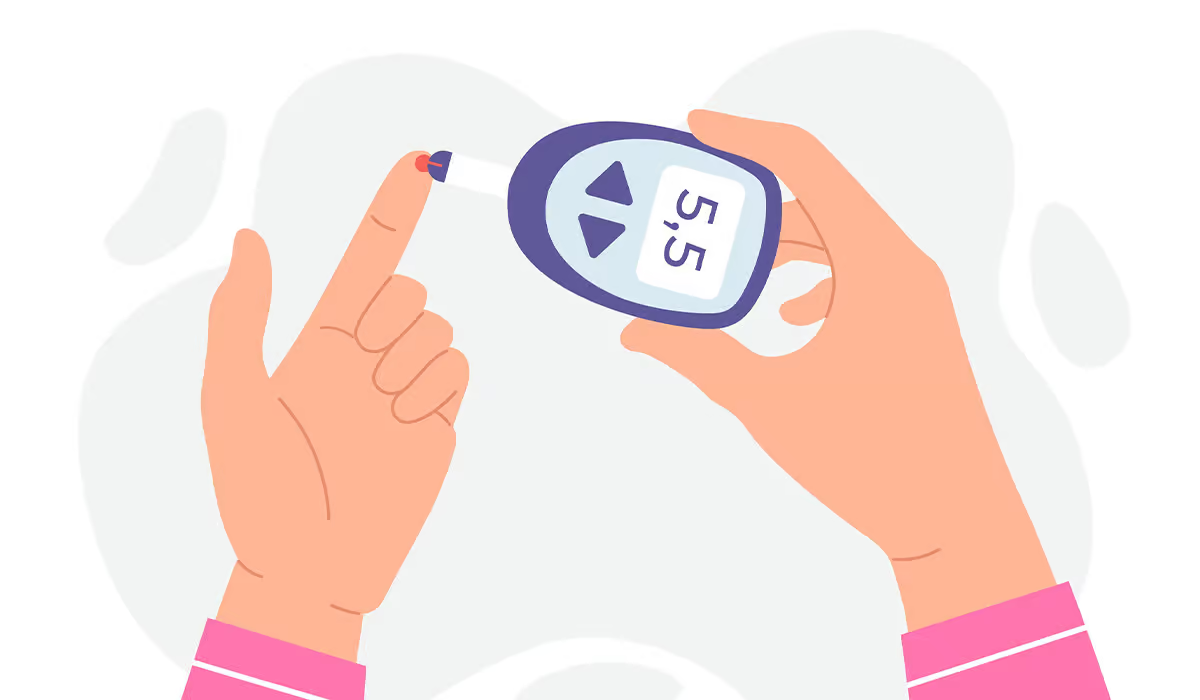Your doctor may call this condition arrhythmia, a common term for an abnormal heart rhythm. When the heart stops beating in its normal rhythm, you are more likely to have a heart attack and develop complications, including diabetes and heart valve diseases.
Episodes of atrial fibrillation vary in severity and length. Some come and go quickly, while others last for days and weeks. The treatment strategy is tailored to the specific needs of a patient and the type of AFib they have. Some AFibs can go away on their own, but more severe types require treatment, including medicines, management techniques, lifestyle changes, procedures, and surgeries.
Types of Atrial Fibrillation
Doctors classify atrial fibrillation by how long it lasts and what causes it. Symptoms of different types usually overlap, with the only difference being the underlying reasons that led to the development of this heart disease.
Persistent atrial fibrillation
Atrial fibrillation is considered persistent if it lasts more than one week. It usually starts as a short-term AFib. It can be treated with medicines but can also go away on its own. Older age, smoking, and certain health conditions (high blood pressure, chronic pulmonary obstructive disease (COPD), heart valve disease, coronary heart disease) increase the risk of persistent atrial fibrillation.
Paroxysmal atrial fibrillation
If an episode of atrial fibrillation is no longer than a week, it is referred to as paroxysmal or short-term AFib. The length of one episode may range from several minutes to a few days. It usually does not require treatment, but visiting a healthcare provider is recommended.
Permanent (chronic) atrial fibrillation
Permanent or chronic, atrial fibrillation does not go away on its own and can’t be cured. It needs to be managed with long-term medications that help control the heartbeat and reduce the risk of blood clots.
Long-standing persistent atrial fibrillation
Atrial fibrillation that does not go away after a year is classified as long-standing persistent AFib. This type does not respond well to medicines and electrical cardioversion. Instead, it requires a treatment called ablation. In this procedure, tiny freezes or burns are inflicted upon a heart to create scarring. This affects the heart’s electrical system and helps restore its normal heartbeat.
Nonvalvular atrial fibrillation
Nonvalvular atrial fibrillation refers to AFib that developed due to problems unrelated to a heart valve. Its potential causes include high blood pressure, other heart diseases, sleep apnea, overactive thyroid gland, and alcohol abuse.
Valvular atrial fibrillation
Valvular atrial fibrillation is a type of AFib that affects people who have valve disease such as valvular stenosis, mitral valve disease, regurgitation, or an artificial heart valve.
Acute onset atrial fibrillation
Acute onset atrial fibrillation is a short-lived, chaotic episode of AFib. It starts suddenly and goes away within 48 hours. This type is more likely to occur in people who are older, abuse alcohol, and have certain health conditions, including lung disease, cardiovascular disease, and diabetes.
Causes
Atrial fibrillation is most commonly caused by changes in heart structure triggered by damage to the heart’s tissue and electrical system. These changes usually occur due to the following factors and conditions:
- Heart valve disease
- Virus infection
- Heart surgeries and stress due to surgery
- Heart attacks
- Lung diseases
- Congenital heart defect
- Issues with the heart’s natural pacemaker(sick sinus syndrome)
- High blood pressure
Lifestyle choices and habits may also trigger an atrial fibrillation episode and include the following:
- Stress and anxiety
- Illegal drug, or alcohol abuse
- Smoking and using tobacco products
- Taking medicines containing stimulants
- Drinking too much coffee or energy drinks
- Being often deprived of sleep
- Intense exercise
- Lack of physical activity
- Eating too large meals
- Dehydration
Risk Factors
Many things increase the risk of developing atrial fibrillation. These mainly include the following factors:
- Obesity: Obesity is one of the contributing factors to developing atrial fibrillation.
- Family history: People whose close family members have atrial fibrillation are at greater risk of developing this condition themselves.
- High blood pressure: People with high blood pressure are at risk of developing coronary artery disease, which, over time, may cause part of the heart to become thick and stiff, potentially leading to atrial fibrillation.
- Thyroid disease: Thyroid diseases that cause irregular heartbeats, such as an overactive thyroid, may lead to atrial fibrillation.
- Alcohol: Too much alcohol may affect the electrical signals in the heart, which may result in atrial fibrillation.
- Age: The risk of developing atrial fibrillation increases as you get older.
- Caffeine and nicotine: Popular stimulants – caffeine and nicotine – can increase the rate at which the heart beats, which may sometimes result in an arrhythmia.
- Drugs: Dangerous drugs such as cocaine can affect the heartbeat, potentially leading to heart diseases, including atrial fibrillation.
- Changes in the levels of body minerals: Some minerals found in the blood promote a healthy heartbeat. They are known as electrolytes and include sodium, calcium, magnesium, and potassium. An irregular heartbeat may occur if there is too much or too little of these minerals in the blood.
- Other health conditions: Certain health conditions may result in atrial fibrillation. These include lung disease, chronic kidney disease, sleep apnea, and diabetes.
- Medicines and supplements: Certain prescription medicines and over-the-counter cold and cough drugs may cause irregular heartbeat as a side effect. Irregular heartbeat increases the risk of atrial fibrillation.
Signs And Symptoms
Atrial fibrillation is asymptomatic for some people (it does not cause any health problems). The severity of symptoms may also range from mild to severe, depending on how fast the ventricles are beating. No symptoms will likely appear if it is a standard or slightly elevated pace. At a faster pace, various health issues start to appear. These usually include:
- Shortness of breath
- Weakness
- Extreme fatigue
- An irregular heartbeat
- Dizziness or lightheadedness
- Fainting (syncope)
- Inability to exercise
- A peculiar feeling that a fish is flopping in your chest
- Chest pain (angina)
- Confusion
If you are experiencing any of the above symptoms, contact your healthcare provider immediately. Try to remember or note when they occur to make diagnosis easier.
Complications
If you have atrial fibrillation, you are at risk of developing some serious health conditions. These particularly include:
- Heart failure
- Blood clots
- Stroke
- High blood pressure
- Diabetes
- Heart valve diseases
The most dangerous complications of atrial fibrillation are blood clots, as they may result in a stroke. As you get older, the risk of stroke gets higher, so it is crucial to be aware of stroke first signs, as well as stay in touch with your healthcare provider if you have AFib. Atrial fibrillation patients are usually prescribed blood thinners, a type of drug that lowers the risk of heart attack by preventing blood clots from forming.
Diagnosis And Tests
To correctly diagnose atrial fibrillation, you will need to inform your doctor about your personal and family medical history, lifestyle habits, previous heart surgeries, diet, physical activity, symptoms you are experiencing, and the health condition you currently have.
After the initial assessment, your healthcare provider will perform a physical exam to check your pulse, blood pressure, heart rhythm, and the health of your lungs. They will also try to determine if you have thyroid problems, signs of heart failure, and an infection, all of which may be potential causes of atrial fibrillation.
In the next step of diagnosis, you will be ordered tests to evaluate your heart’s electrical signals, movement, blood flow, muscle contractions, and your potassium and thyroid hormone levels. These tests may include:
- Electrocardiogram (EKG or ECG)
- Blood tests
- Echocardiogram (echo)
- Holter monitor.
- Exercise stress tests
- Chest X-ray
- Event recorder
Treatment
Treatment for atrial fibrillation aims to control an individual’s heart rate, restore correct heart rhythm, manage symptoms, and prevent heart stroke. Depending on the type and severity of atrial fibrillation, doctors recommend medications, therapies, or surgeries, and procedures.
Medications
Medicines are usually the first line of defense against atrial fibrillation. Medicines help control the heart’s rhythm, prevent blood clots and strokes, and slow the heart’s rate. Your healthcare provider will decide which medicines will work best for your case. These may include:
- Beta-blockers
- Blood thinners (anticoagulant medications)
- Calcium channel blockers
- Rate control medications
- Rhythm control medications
Cardioversion therapy
Cardioversion therapy is a scheduled procedure performed at a hospital. Your doctor may recommend this method if it is your first atrial fibrillation episode or your symptoms are severe. The procedure aims to reset the heart rhythm, which can be achieved in two ways. The first strategy, electrical cardioversion, is performed by sending electric shocks to the heart using patches or paddles placed on the chest. In the other method, drug cardioversion, the heart’s rhythm is reset thanks to medicines received through the vein or mouth.
Surgeries and Procedures
If atrial fibrillation does not respond to medicines, your healthcare provider will recommend surgery. The following procedures are the most common treatment options for more serious cases:
- Ablation: Ablation is a procedure that uses radio waves, extreme cold, or laser to burn the problematic tissue on the heart’s surface.
- Maze procedure: In this procedure, a doctor uses heat or cold energy to make a maze of scar tissue in part of the heart that is responsible for controlling the heartbeat. The created scar tissue stops the signals that are disrupting the heart’s rhythm.
- Convergent procedure: Convergent procedure encompasses the use of radiofrequency ablation in the pulmonary vein and making a small cut under a patient’s breastbone to apply radiofrequency energy to the heart.
When Should You Seek Emergency?
A heart attack is a possible complication of atrial fibrillation. You should seek emergency immediately if you experience the following symptoms:
- Sudden chest pain that does not improve after 15 minutes
- Chest pain that spreads to arms, jaw, or neck
- Tightness in the chest
- Feeling that your chest is heavy
- Feeling sick
- Shortness of breath or difficulty breathing
- Sweating
How to Prevent Atrial Fibrillation?
Atrial fibrillation may be difficult to prevent if you have a family history of heart conditions or medical conditions that make you likely to develop AFib. However, you can still follow specific guidelines and introduce changes to your lifestyle to significantly reduce the risk of atrial fibrillation, blood clots, heart stroke, and various heart diseases. Consider the following tips to lower your risk:
- Maintain a healthy weight: Being overweight can contribute to heart problems, including AFib. Achieve and maintain a healthy weight through a balanced diet and regular exercise.
- Find time to exercise: Engage in regular physical activity to maintain a healthy weight and promote cardiovascular health. Aim for at least 150 minutes of moderate-intensity exercise per week.
- Follow a healthy diet: Adopt a heart-healthy diet rich in fruits, vegetables, whole grains, lean proteins, and low-fat dairy. Limit the intake of saturated fats, trans fats, cholesterol, and sodium.
- Don’t drink too much alcohol: Limit alcohol intake, as excessive alcohol consumption can increase the risk of AFib. If you choose to drink, do so in moderation.
- Limit caffeine: While moderate caffeine intake is generally considered safe, some individuals may be sensitive to caffeine. Pay attention to how your body responds to caffeine and limit your intake if needed.
- Quit smoking: Smoking is a significant risk factor for heart disease, including AFib. Quitting smoking can have numerous health benefits, including reducing the risk of AFib.
- Manage stress: Practice stress-reducing techniques such as meditation, yoga, deep breathing exercises, or other activities that promote relaxation.
Atrial Fibrillation – Key Facts You Should Know
Known as AF or AFib, atrial fibrillation is a heart condition characterized by irregular and rapid heartbeats, which can lead to symptoms such as palpitations, dizziness, difficulty breathing, fatigue, chest pain, and confusion.
AFib is categorized into types based on duration and causes, including persistent, paroxysmal, permanent, long-standing persistent, nonvalvular, valvular, and acute onset.
Causes and triggers of AFib encompass structural heart changes due to factors like heart valve disease, viral infections, heart surgeries, and heart attacks. Certain lifestyle habits, stress, substance abuse, and other health conditions also contribute.
Treatment aims to control heart rate, restore normal rhythm, manage symptoms, and prevent complications. Medications like beta-blockers, blood thinners, calcium channel blockers, and rhythm control drugs are commonly prescribed. Cardioversion therapy and surgical procedures like ablation and maze procedures are recommended for more severe cases.
Sources
- American Heart Association. (2023). What is Atrial Fibrillation?
https://www.heart.org/en/health-topics/atrial-fibrillation/what-is-atrial-fibrillation-afib-or-af - American Heart Association. (2023). What are the Symptoms of Atrial Fibrillation?
https://www.heart.org/en/health-topics/atrial-fibrillation/what-are-the-symptoms-of-atrial-fibrillation-afib-or-af - CDC. (2022). Atrial Fibrillation.
https://www.cdc.gov/heartdisease/atrial_fibrillation.htm - NIH. (2022). What Is Atrial Fibrillation?
https://www.nhlbi.nih.gov/health/atrial-fibrillation - NIH. (2023). Atrial Fibrillation.
https://www.ncbi.nlm.nih.gov/books/NBK526072/
- Atrial Fibrillation (AFib): What Is, Causes, Triggers, and Treatment
- What Is Atrial Fibrillation?
- Types of Atrial Fibrillation
- Causes
- Risk Factors
- Signs And Symptoms
- Diagnosis And Tests
- Treatment
- When Should You Seek Emergency?
- How to Prevent Atrial Fibrillation?
- Atrial Fibrillation – Key Facts You Should Know
